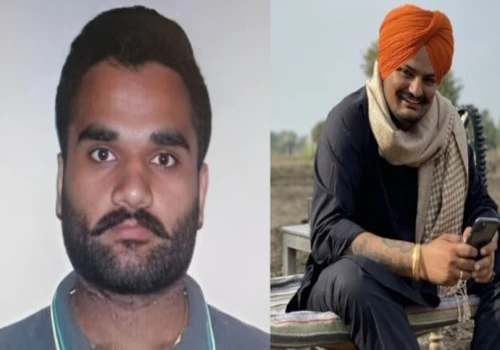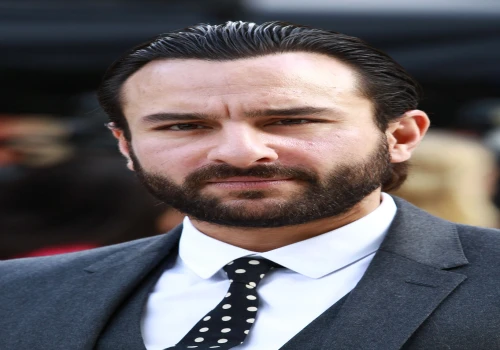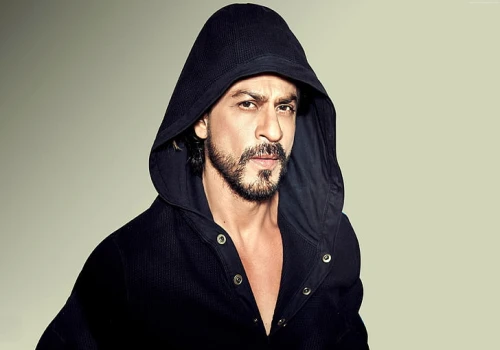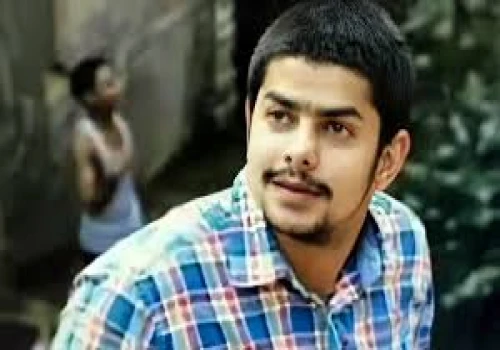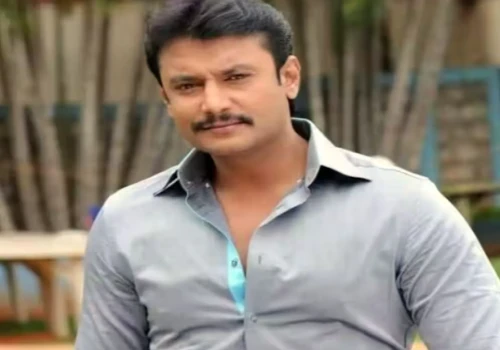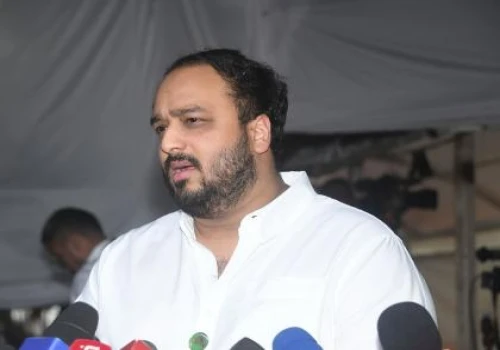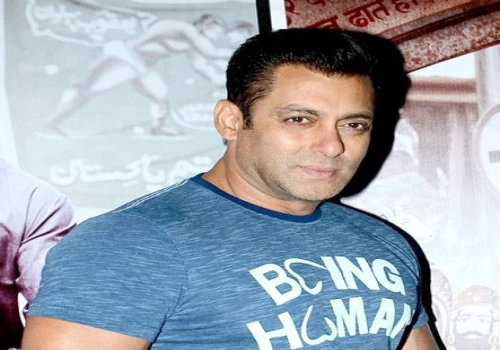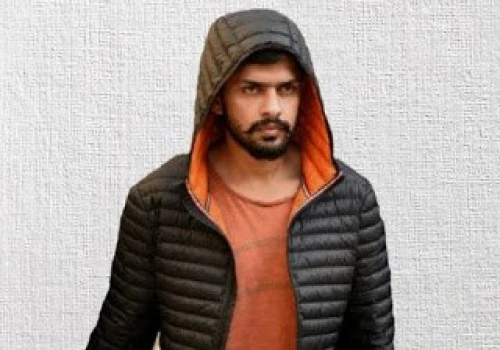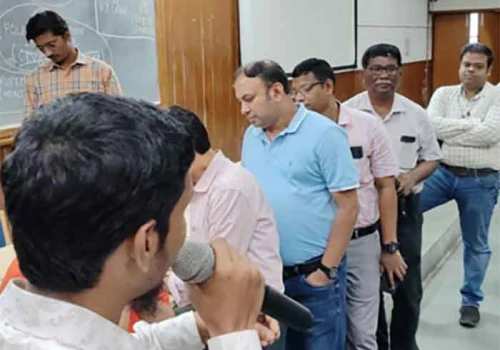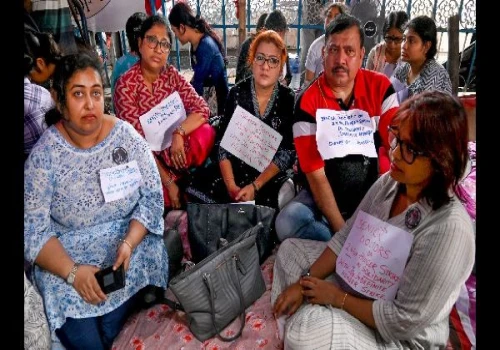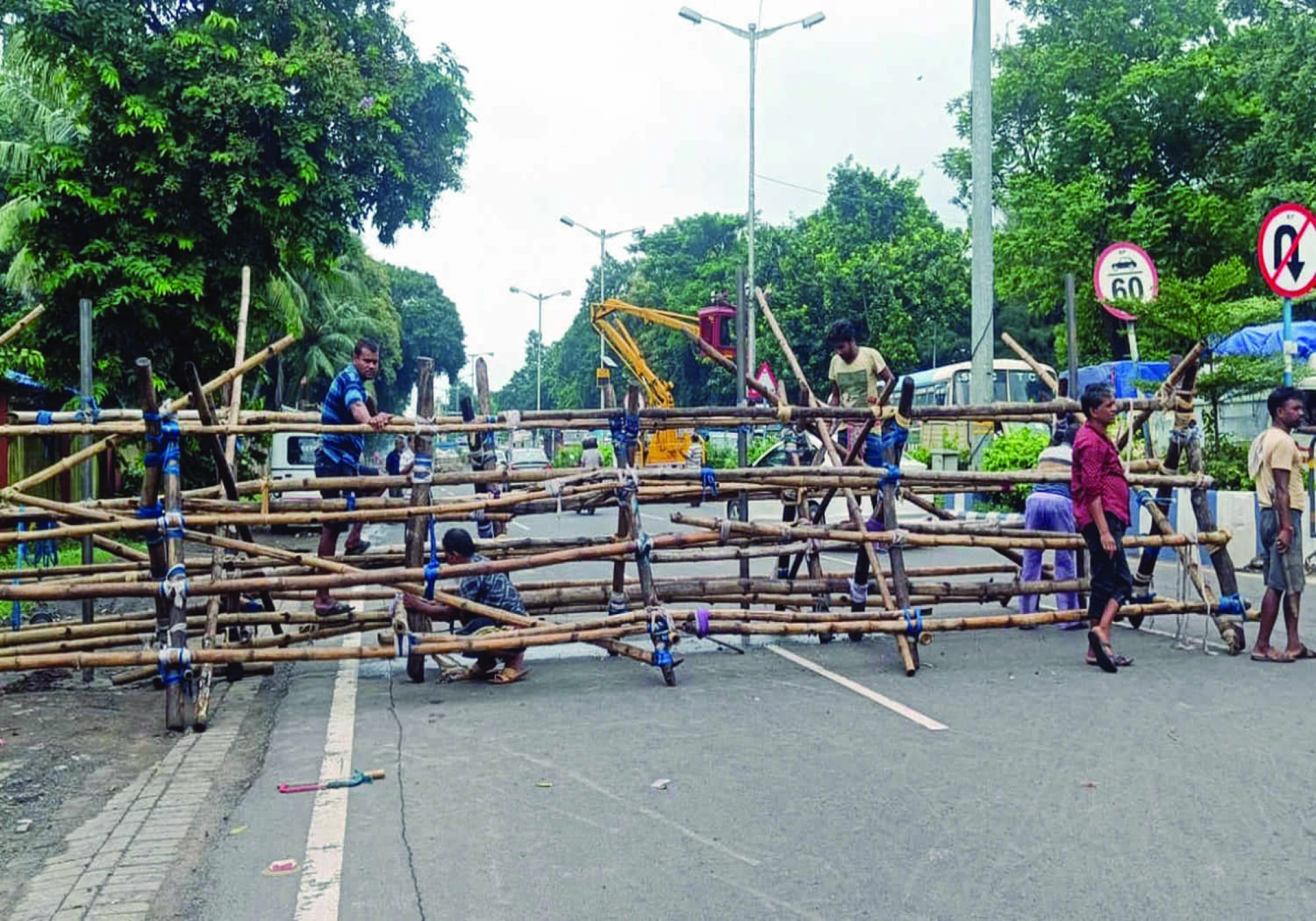
The call for a "Nabanna Abhijan," or march to the state secretariat in Kolkata on Tuesday, August 27, which demanded the resignation of Chief Minister Mamata Banerjee over the alleged rape and murder of a 31-year-old woman trainee doctor at RG Kar Medical College and Hospital, caused tensions within the West Bengal authorities.
While the students' organization "Paschimbanga Chhatro Samaj" insisted that its "Nabanna Abhijan" rally on August 27 will be peaceful and centred on calling for Mamata Banerjee's resignation and the arrest of those accountable for the rape-murder case, Kolkata's additional commissioner of police Supratim Sarkar announced on Monday that the group's application to hold the march had been denied.
The West Bengal Police has referred to the planned rallies, which have primarily gained support on social media, as "illegal" and "unauthorized," and it has stated that it has taken the appropriate safety measures to alleviate concerns about possible law and order issues during the march.
In response, Mamata Banerjee has condemned the crime and assured that the culprits would be brought to justice swiftly. However, she also criticized the opposition for “politicizing a tragedy” and creating unnecessary tension in the state. “This is not the time for politics; it is a time for unity and ensuring that justice is served,” she stated in a press release late last night. Despite her assurances, public confidence remains low. Social media has been flooded with posts expressing grief, anger, and frustration, with hashtags like #JusticeForDoctor and #MamataResignNow trending nationwide.
As the day progresses, the situation in Kolkata remains fluid, with protesters showing no signs of backing down. The authorities have urged citizens to remain calm and refrain from participating in unlawful activities. However, with emotions running high, it remains to be seen whether today’s protests will lead to a significant shift in West Bengal’s political landscape.

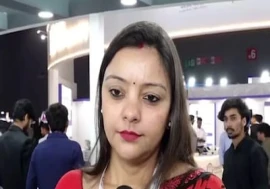
_270_x_189.webp)
